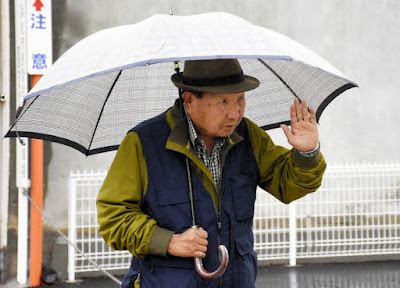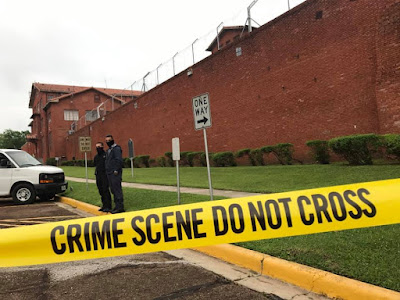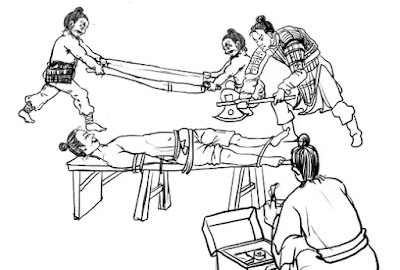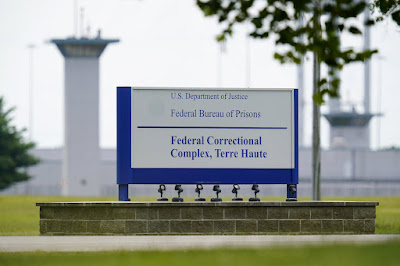Two major pharmaceutical companies are making a last-minute legal intervention to stop the state of Arkansas from executing eight prisoners between 17th and 27th April.
The companies, Fresenius Kabi and West-Ward, are throwing their weight behind a suit challenging the state’s lethal injection protocol. The suit seeks to prevent the state from moving forward with America’s largest mass execution since the civil rights era.
The companies write in
their brief that “The use of their medicines for lethal injections violates contractual supply-chain controls that the Manufacturers have implemented.”
Though the companies have binding contracts in place to prevent the sale of their drugs to death rows, Arkansas has admitted in court that on at least one occasion it engineered a breach of such arrangements.
Court documents which have come to light recently include an
admission by Arkansas that it convinced a third-party supplier to sell the state medicines in direct breach of its contracts with the drugs’ manufacturer.
The companies further warn of grave public health risks associated with the use of these medicines in executions, noting that “The use of their medicines for lethal injections […] creates a public-health risk because it could result in the denial of medicines from patients who need them most.”
The suit which the two companies are now backing argues that state’s lethal injection cocktail carries a high risk of subjecting the condemned inmates to a torturous botched execution.
The first drug which Arkansas plans to use in the upcoming executions, midazolam, has repeatedly failed to effectively sedate prisoners, leaving them conscious but paralyzed while the lethal drugs flow through their veins.
Midazolam has been at the center of botched and prolonged executions in every state that has tried to use the drug, leading several states to abandon it altogether. Last week, a federal appeals court affirmed the halt of Ohio’s use of this drug.
Commenting, Maya Foa – Director of the human rights organization Reprieve – said:
“Pharmaceutical manufacturers develop drugs to save and improve lives, and the companies are understandably appalled at the prospect of their medicines being used in America’s largest mass execution since the civil rights era.
“Arkansas deliberately engineered a breach in these companies’ contracts in order to obtain these drugs, undermining the interests of the healthcare industry and putting public health at risk.
"Reprieve fully supports Fresenius Kabi and West-Ward’s efforts to prevent this grave misuse of life-saving medicines and protect public health.”
Source: Reprieve, April 14, 2017
⚑ | Report an error, an omission, a typo; suggest a story or a new angle to an existing story; submit a piece, a comment; recommend a resource; contact the webmaster, contact us:
deathpenaltynews@gmail.com.
Opposed to Capital Punishment? Help us keep this blog up and running! DONATE!











.jpg)
